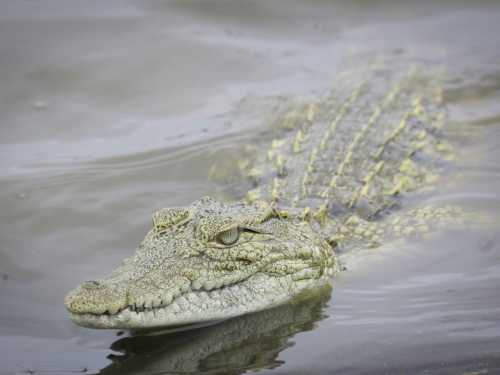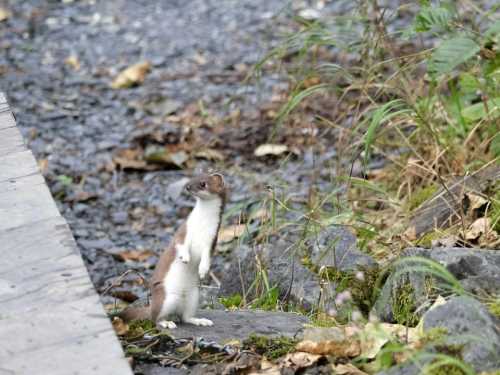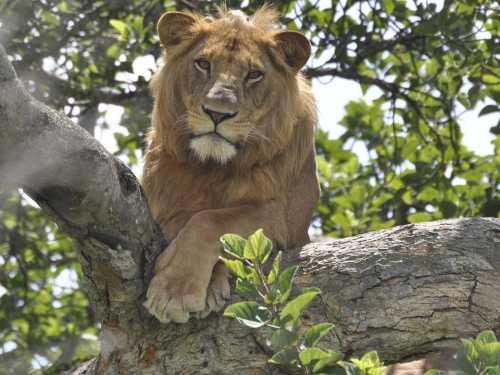
Crocodiles have been around for over 83 million years. They are one of the few animals that have seen dinosaurs with their own eyes, but unlike the latter, they managed to survive the global crisis that occurred during the Cretaceous and Paleogene periods.
In this regard, there is an opinion that crocodiles are immortal. After all, no one has ever seen a retired crocodile – wearing glasses and with a cane, standing in line for bread.
Okay, just kidding, but you can find a lot of articles on the internet about how these reptiles don't age at all. Even at 100 years old, they feel as young as they did at 20. And they can live for hundreds of years.
It is also believed that crocodiles never stop growing and can grow to almost the size of the dinosaurs they survived. The logic here is simple: the older a crocodile is, the bigger it gets.
But all these statements are not true. Or at least they are only partially true.
Crocodiles do not have any secret elixir of immortality and, just like all other creatures on the planet, they are prone to “withering away.”
The aging process of crocodiles is still not fully understood. Perhaps that is why rumors about their supposed immortality have arisen.
Adding insult to injury is the fact that reptiles show no outward signs of biological aging.
Yes, you are unlikely to find wrinkles on them that indicate aging (their skin is specific), but inside, irreversible processes are already in full swing.
The lifespan of a crocodile depends on the specific species. For example, it is known that Nile and combed crocodiles can live up to 70-80 years. Although on average in the wild they live no more than 50 years.
It is believed that a crocodile never degrades to a state where it cannot stand up for itself. Their jaws always remain as powerful, they are also fast and agile in the water, and no one can knock them off the top of the food chain. A beautiful tale… In practice, everything is different.
Crocodiles begin to lose their teeth in old age. Although they change their teeth throughout their lives, in old age this process can slow down or lead to their pathological loss. Vision problems also begin, and muscles also gradually weaken.
In the wild, an old and weak crocodile is more likely to face starvation or competition from younger crocodiles. Not to mention that it may not live to be old: other predators and poachers are not sleeping.
Does a crocodile grow throughout its life? No. Once the reptile reaches its maximum size, growth slows down, eventually reaching a point where the animal effectively stops growing.
Differences in size among adults of the same species are explained by genetics. Just like with humans: some are smaller, some are larger.
So, friends, no one is immune to old age. Not even crocodiles.





